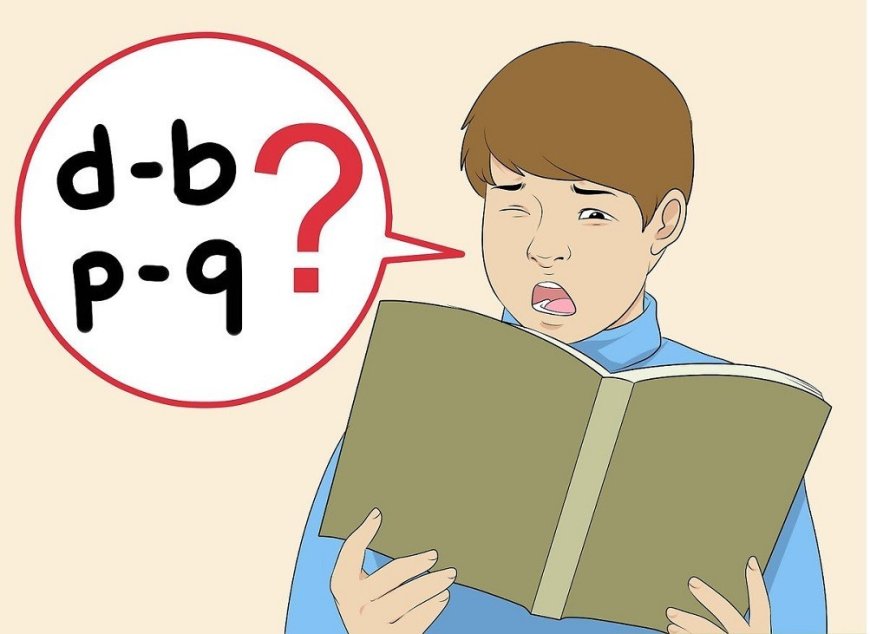Learning Difficulties - How to Help Your Teenager?
Learning difficulties can be a serious blow to a teenager's self-esteem. At this stage, socializing and looking cool in the eyes of others

Learning difficulties can be a serious blow to a teenager's self-esteem. At this stage, socializing and looking cool in the eyes of others are essential. So if he or she has a learning disability, he can quickly get frustrated and start to think that it is not worth the effort because it will not improve his situation anyway.
This is of course not true. As a parent, you should remember that effectively helping a teenager with a learning disability can improve his developmental abilities. In any case, he will be able to achieve goals that are tailored to him.
Talk about what is happening to him
First and foremost, teenagers want to be "normal". Why does he use the same style of clothing, use the same slang, go to the same cinemas and listen to the same music as his peers? Your child most likely does not want to be classified as "stupid", "one who does not understand", "one with learning disabilities".
I just want to fit in and be accepted in society.
When discussing the diagnosis with your teen, you may find that their first answer will really bring you relief. Now you know why the skill or topic is troubling him. For this reason, the first step to helping a teenager with a learning disability is explaining exactly what is happening and why.
It is also worth telling him that there are many more adolescents who are in his situation and who work hard every day to advance their learning. It's a good idea to contact these types of people and families to help find out what you should and shouldn't do to improve the situation.
Learning Difficulties - How to Help Your Teenager?
However, it can still be difficult to accept that you are different, especially when it comes to teenagers. Here are some ways you can help your child cope with his diagnosis. Remember that it is very important to talk to them tactfully and always try to understand their emotions.
Individual therapy for people with learning disabilities
Some families give their teens individual therapy for a short time after diagnosis. Partly to provide emotional support for this problem. A good therapist will help your teen focus on their strengths and weaknesses in a way.
It will help him accept what he will face for many years.
The psychologist at your child's school may want to meet the student for several sessions or refer them to an external resource that is accessible. If necessary, you can speak to this specialist directly to see what kind of help they can offer you to best deal with the situation.
Learning difficulties - support groups
Some schools organize support groups for children with learning disabilities, and this type of support can be very beneficial for teenagers. If your child's school does not provide this type of ongoing support, ask for a referral to a place that does.
You, as a parent, may also feel overwhelmed by this news. When you find a support group for your teen, ask if there are any parenting resources.
You may also find a dedicated committee to work on additional services for students with learning disabilities in your local school or other settings. Each group you find will direct you to parents who can provide useful information.
Check the resource directory
Check the resource directory for national organizations specializing in learning disabilities. Through them, you can get information on this topic.
You may also be referred to local resources in your area. There are parenting seminars on a variety of topics. Once you know what topic you are interested in, you only need to organize the information.
With these tips, it will be much easier to help your teen with a learning disability. This way you can avoid self-esteem problems caused by these difficulties.
With this in mind, your teen will be able to be motivated enough to thrive in school. And not to feel worse than anyone else in his class. Each person is special and unique with its own peculiarities!
